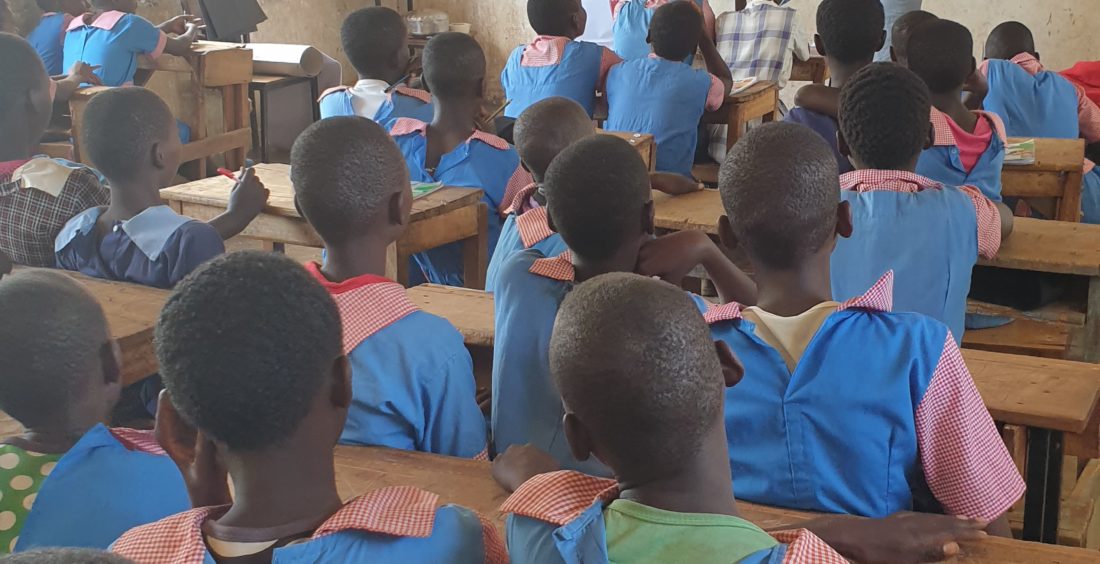The Women’s and Adolescent Health Rights program was initiated five years ago in Baringo County, Kenya. In collaboration with the Ministry of Health and the Ministry of Education of the region, Mundo Posible developed a capacity-building program in menstrual, sexual, and reproductive health rights in the region’s public primary and secondary schools. This program was specially focused on schools with a student population from the Ilchamus ethnic minority. Over these years, the program has been implemented in many public schools in Baringo South sub-county, providing young people with information about topics that are often inaccessible due to cultural taboos.
The capacity-building training focuses on the information, education, and training of adolescents in sexual and reproductive health, covering topics such as female genital mutilation, sexual violence, gender roles, social pressure among young people, early pregnancy, and self-esteem. Central attention is given to the topics of sex education and health in the internal and external female reproductive system. The training also includes information about menstrual health and hygienic management of menstruation, providing adolescent girls with reusable cloth pads and other necessary resources for their basic management and school attendance.
The majority of young adolescents have no information on these topics. Most cultural myths about menstruation or sexuality create misinformation: one of the most ingrained focuses on preventing serving food to male family members when adolescents or women are menstruating or prohibiting entering certain fields where fruits are grown due to the risk of the crop being spoiled. Other myths related to sexuality aim to reinforce its benefits at a tender age: sexual relationships will cause girls to mature prematurely.
One of the key topics of the training is the differentiation between myths and facts. Myths and facts about the covered topics are presented so participants can discern which are scientifically proven facts and which are tied to cultural traditions. At the same time, the opportunity to ask questions privately or publicly is offered to clarify doubts about many subjects they cannot obtain direct information on due to cultural taboos surrounding menstruation, sexuality, and reproduction.
One of the most devastating consequences of cultural taboos is that, often, adolescents who suffer from early pregnancy do not disclose it to their parents or any adult, hiding the pregnancy until the time of delivery. Many times, these births have occurred in schools, posing a great risk to the young mothers and babies.
Information, training, and awareness on these topics are the only way for young women to exercise their rights over their own bodies and lives.


Comments are closed.